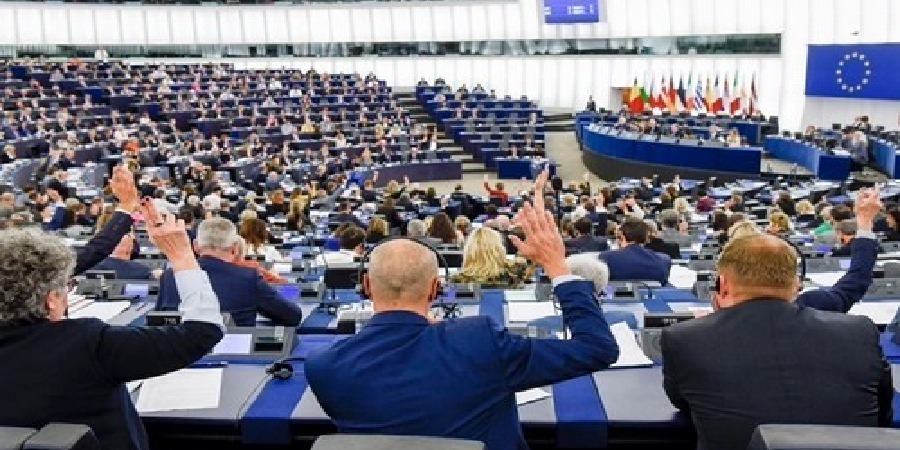The Committee on Economic Affairs (ECON) has put to the vote in the European Parliament amendments obliging cryptocurrency companies to conduct AML procedures for all transactions.
Today, March 31, the European Parliament will vote on amendments to the Committee on Economic Affairs (ECON), which will extend anti-money laundering (AML) rules to all cryptocurrency transactions, as well as restrict or prohibit transfers in cryptocurrency from the EU to places considered a tax haven .
The proposed legislative amendments update the Crypto Travel Rule issued by the Financial Action Task Force (FATF) and require the disclosure of information accompanying transactions to comply with AML rules and anti-terrorist financing requirements.
Transparency and traceability obligations will be extended to all cryptocurrency service providers, who will be required to deanonymize cryptocurrency transactions and conduct a full range of AML procedures, including fixing the sender’s personal data: his address, date of birth, account number, as well as the details of the intended recipient for each transfer .
The amendments remove the lower threshold for checking and fixing transactions, which was previously €1,000. In addition, cryptocurrency companies will be required to “verify the accuracy of information regarding the sender or recipient” and inform the “competent authorities for combating money laundering” about each transaction involving non-hosted wallets.
Part of the crypto community opposed the adoption of new legislative norms. The American cryptocurrency exchange Coinbase has taken a particularly active stance, urging all of its clients to send emails to MEPs and set up automated mailing of requests to reject the amendments.
Coinbase believes that “there is no justification for introducing such a surveillance regime and everyone should, with one strong voice, speak out against this proposal before it is too late.” Coinbase General Counsel Paul Grewal wrote on his blog:
“If passed, this revision will launch an entire watchdog regime on exchanges like Coinbase that will stifle innovation and undermine the non-custodial wallets that people use to securely protect their digital assets.”
The position of Coinbase is shared by the head of strategy at Unstoppable Finance, Patrick Hansen, who said on Twitter that the European Parliament and ECON violate privacy rights.
Hansen believes that anti-money laundering requirements for cryptocurrencies could be less stringent because they are based on blockchain technology that can be used to track transactions. According to Hansen, the amendments and verification measures proposed by the European Parliament can become a “tip” for criminal elements.
From a legal point of view, the statement of members of the crypto community that the amendments of the European Parliament go further than can be justified is fully justified. For example, in a 2014 case, the EU’s highest court overturned laws requiring telephone companies to store call records, as the invasion of privacy goes far beyond what is needed to help police fight terrorism.
Earlier this month, under pressure from the crypto community, the section relating to the de facto ban on the mining of PoW-based cryptocurrencies was excluded from the draft Law on the Markets of Crypto Assets (MiCA) by the EU ECON decision. The European Union has abandoned plans to impose a ban on bitcoin mining and related activities.







